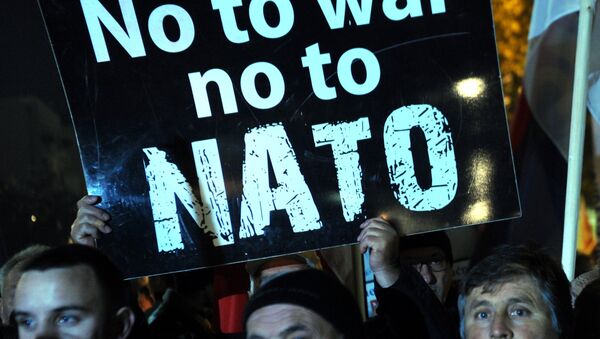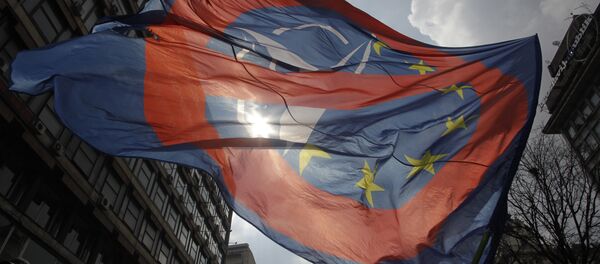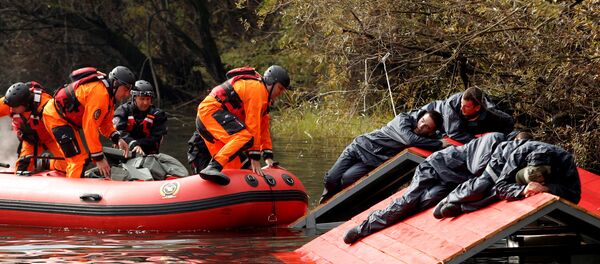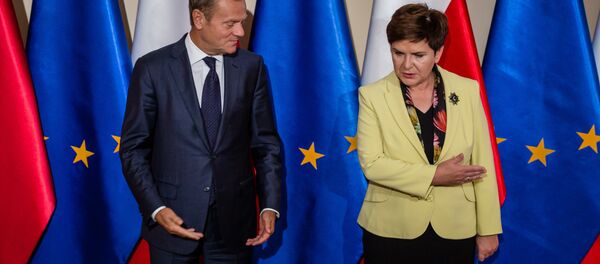Writing in Business Insider earlier this year, Friendman called NATO an "anachronism."
"The foundations of NATO have dissolved. Europe's financial commitment to NATO is not credible. The willingness of the US to operate within the constraints of NATO is long gone. A unified strategic outlook is missing," Friedman wrote.
Agreeing with Friedman's analysis, Olszewski called NATO's stated collective defense principle "a mere fiction," which would be exposed if its members were called on to defend one another.
"For as long as everything is flourishing, nobody is checking its operability and the alliance still exists. However, if there happens to be some kind of conflict in which all the members of the bloc have to take actions in solidarity with one another, we will find out that the emperor has no clothes," the politician said.
From 1997 —2001, Olszewski represented the Solidarity Electoral Action coalition party in the Polish Sejm (Parliament), during which time he repeatedly criticized Poland's accession to NATO in 1999, and the EU in 2004.
"I would go further and say that the creation of the EU was a qualitatively new policy but today, in 2016, the EU is the past. We have to think about completely new structures. If we are talking about economic, military, political alliances, then the EU is dying before our eyes," Olszewski.
According to Olszewski, Stoltenberg's statement "only inflames the atmosphere of fear and military threat, which Europe doesn't need at the moment. Europe has too many internal problems and challenges, to be dealing with other things. Of course, a party of war will always exist either inside or outside the EU. But that doesn't mean that we have to listen to it, and follow its orders towards the incitement of conflict. At the moment there isn't such a threat."
Last month Polish Defense Minister Antoni Macierewicz announced the formation of a territorial defense force under his command, aimed against Russia.
He described the force as a "measured, proportionate" response to "the prospect of aggressive Russian action," and also supported the idea of significantly boosting the Polish armed forces, from the current 80,000 servicemen to some 150,000.
"Unfortunately, Polish politicians don't understand the difference between pre-electoral rhetoric addressed exclusively to their electorate in order to mobilize them, and governmental rhetoric which addresses a wider audience," Olszewski said.
"This doesn't help Poland's image. I think that (the fact that) 75 percent of Polish media is in the hands of foreigners enables the increase in military rhetoric. We Poles must decide which rhetoric we support. I am in favor of reducing the inflaming of tensions in the media, of forming a new, strong Polish state, including in the military sphere, but not with military rhetoric. Somebody wants to drive us to war, but they are anti-Polish forces."





